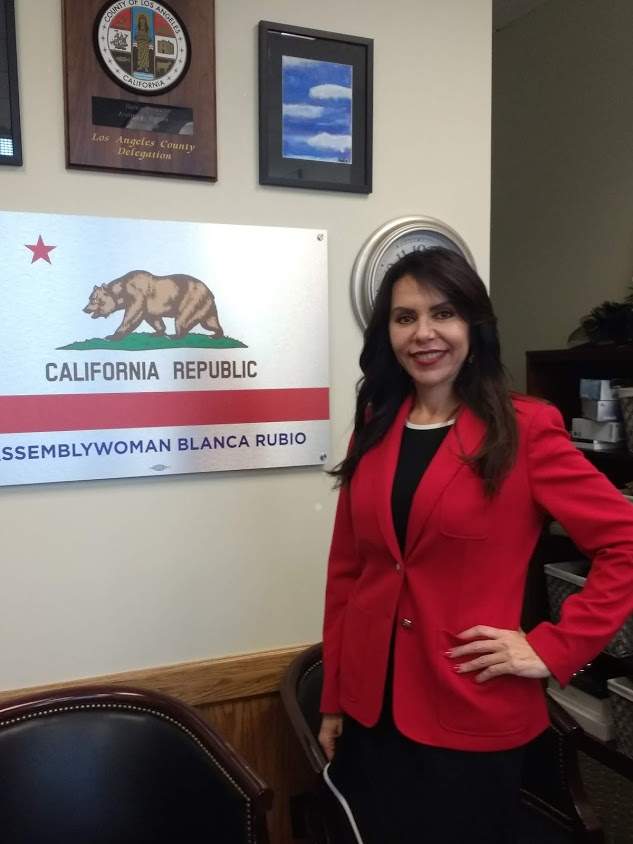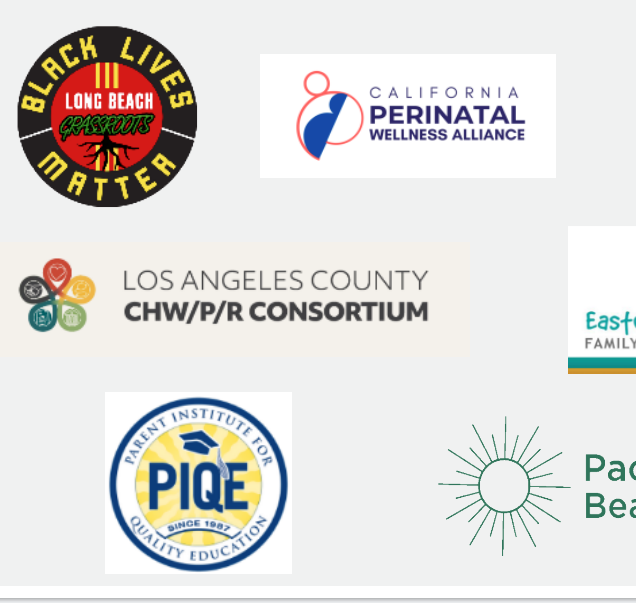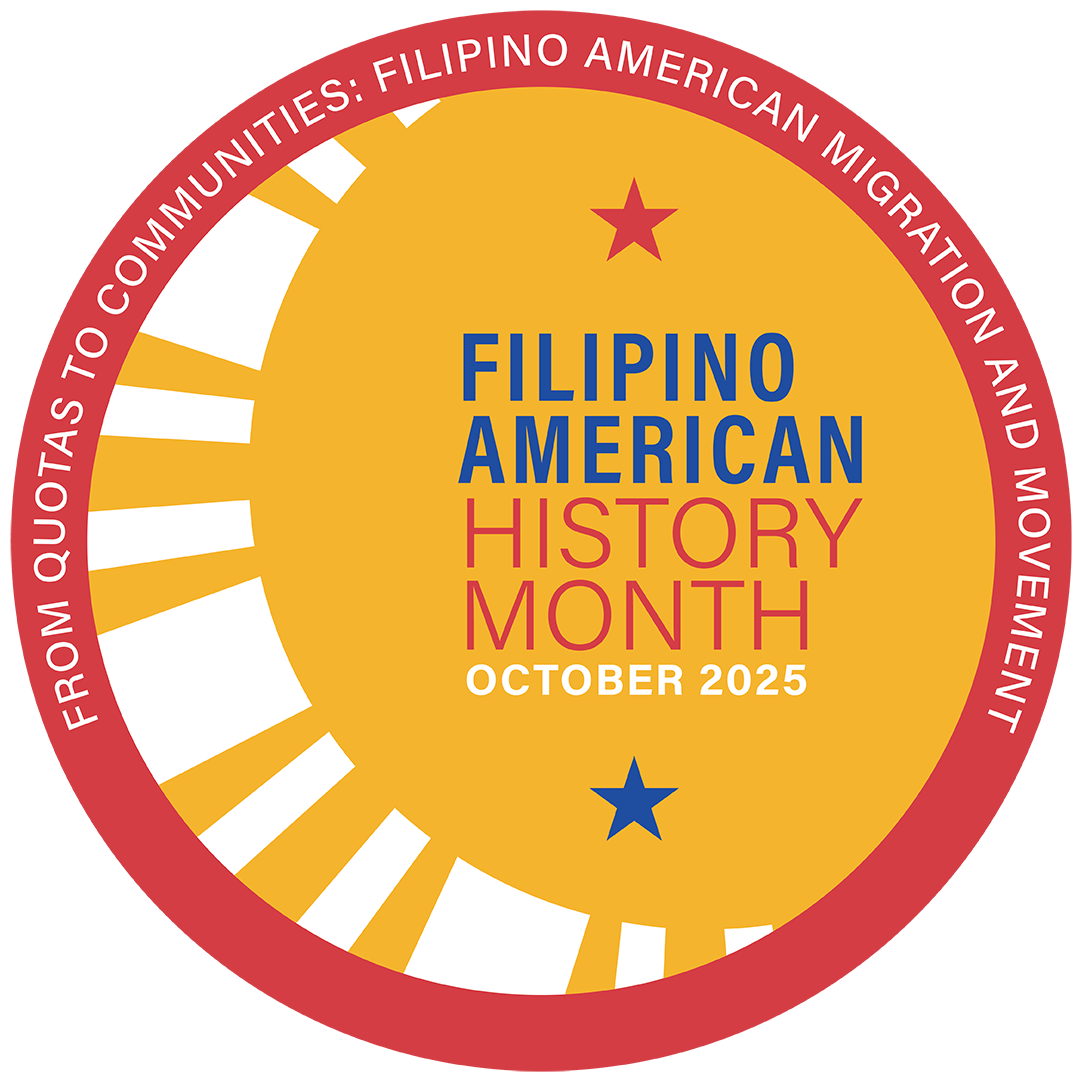February 28, 2019
Entering second grade can bring about feelings of anticipation and anxiety for any child, especially when they have just moved to a new city. For a young boy in the 1970s, entering a new school in the Los Angeles Unified School District (LAUSD) brought more than just butterflies in his stomach. It was the beginning of a nightmare that would impact him for years.
It’s a nightmare that haunts his sister, Assemblywoman Blanca Rubio, even today.
“When we came to California from Mexico, my youngest sister had just started kindergarten. I was in third grade. My sister Susan and my brother are twins and were in second grade,” Rubio recalled. “My brother got misdiagnosed by LAUSD. They put him in special education because he didn’t speak the English language.”
It was the impact of her brother’s experience —and her parents’ determination to overcome the perils of immigration and deportation to create a better life for their children —that shaped Rubio into the champion for children she is now.
Born in Juarez, Mexico, Rubio immigrated to the United States at a young age with her family, eventually settling in California. She earned a Bachelor’s Degree in Business Administration and Master’s Degree in Education with a Multiple Subject Teaching Credential from Azusa Pacific University. Before being elected to the Assembly as a Democrat representing Baldwin Park and surrounding communities in 2016, Rubio spent 16 years as a teacher and 20 years in elected office, serving on the Valley County Water Board and Baldwin Park Unified School District.
In the following interview, Rubio —a single mother of a 10- and 11-year old — talks about her family’s deportation and immigration, how her brother’s experience influenced her career, her goals to improve education and children’s mental health, curbing the impact of domestic violence on children and her plans to work with her sister: new state Sen. Susan Rubio.
Q. Growing up, who was your champion for children?
My mom and my dad are my heroes. When we first came to the U.S., we lived in a town called Winnie in the Port Arthur area of Texas. We stuck out like a sore thumb. We got deported and sent back to Juarez, which is probably the most dangerous city in the whole world in terms of drugs. My parents were adamant about us growing up over here and bringing us back. If it wasn’t for their determination, we would not be here. I thank them all of the time because God knows what our lives would have been like.

Q. What was it like growing up as an undocumented immigrant? How did that influence you later in life?
A. We came to California undocumented and didn’t speak the language, so at that point, I think we were just trying to survive. My family and I were so close that we needed to depend on each other.
As a teacher, I would scold parents sometimes if their kids were not doing well. When I was teaching in Fontana, the population was immigrants and new arrivals, very similar to where I grew up. And so if their kids were not doing well, I’d pull the parents aside and say in Spanish, “What’s going on?”
They would say, “Oh, you don’t understand. We don’t have any money.” And I’d say, “Okay. When I grew up, I didn’t have any money.” Then they would say, “Oh, I don’t have any papers.” And I’d say, “Okay. I was deported and I didn’t have any papers. Give me another excuse.” They were like, “Uhh … “
I would say, “Look. You left your country, not knowing the language, not knowing the future you had here. But the reason you left is so you could have a better life here. If you came here and sacrificed all of that, why are you letting your kids fail?”
That didn’t make any sense to me. My dad was in and out of the country since he was 19. He got caught a few times and other times didn’t have enough food or he would have to sleep in a ditch or an orange grove because people were chasing him. For me, my parents’ sacrifices made me want to prove to them that they did the right thing — that their sacrifice was worth it.
Q. Before the Assembly, you spent over 20 years as an educator. Why was the work so important to you?
A. When LAUSD put my brother in special education because he didn’t speak the language, it wasn’t just a different classroom. It was a different school.His classmates had severe disabilities or emotional disabilities. And so my brother went from not speaking English to being nonverbal. Because then he didn’t have a grasp of either English or Spanish. And then by the time LAUSD figured out they had messed up, it was already too late. His self-esteem was low.
So for me, when I was teaching, I felt like I was rescuing him. And that’s why I went on the school board. That’s where the drive comes from. It’s hard. Because as much as I did, I still can’t rescue my brother.
Q. In the Assembly, why have you taken an early role as a champion for children?
A. Because of my brother. I don’t want other kids to go through what he went through. (Tears up)
I think doing everything I can for other kids gives me the satisfaction that at least I’m making a difference in their lives. And if I could do it all over again, I wish I could do it for him.
I can give you the political answer, too, that kids are the future of California, the future of our world, which is also part of it for me. But I think deeper than that is California is a state of immigrants and with everything going on, I think we need to be more vocal about taking care of children regardless of where they come from. We all contribute. For me, it’s very clear that even though I was undocumented, I have contributed my entire life to California, and I think California is better because of it.
We keep talking about California being the 5th largest economy in the world and we want to move into the 21st century and all the rhetoric, but then we don’t do anything for kids. If we’re truly honest with ourselves, if we want to move California forward, the only way to do it is by making sure kids are okay.
Q. When it comes to investing in children, then, is that the message that you would give to people who don’t have kids?
A. Absolutely. When I was campaigning for school board, I would knock on doors and a lot of the people with no kids or the older population would be like, “You know, we don’t have kids in the school system, so I’m not going to vote.” And I would say, “No, no, no. A good school system ensures well-educated kids. Well-educated kids in your community bring your property values up and it brings the whole community up.” So whether you have children or not, our vested interest in the well-being of those kids makes all communities thrive. We’re going to need people to invest into the Social Security system and we’re going to need people to take care of us when we’re old. If we don’t teach them well and help them have good jobs, who’s going to contribute to Social Security? We need workers for the 21st century. It’s a no-brainer.

Q. What are you most proud of in the Assembly in terms of your legislation or budget allocations for children and families?
A. The most important one right now is my bill on mental health services for preschool students. People keep talking about mental health services, how we need to help the homeless, we need to help veterans. But if we don’t invest in the mental health of the children right now, then we’re going to have adults that have mental health issues. So if we are able to help them now, then we will have less homeless folks, less people with mental health issues because we’re getting them now or at least getting folks used to the fact that mental health services is not taboo.
In the minority communities, specifically in Mexican communities, if you go to therapy, they equate that to being crazy as opposed to being better. And so if we remove the stigma from therapy and we can do it early on by demonstrating that kids benefit from it, I think we are not just raising healthy kids, we’re raising communities that are able to ask for help. I think if we can carry that bill to elementary, middle school and high school mental health services, we’re going to help the whole population.
The reason we did the mental health services for kids is the year before, we had a preschoolexpulsion bill and this was the partner bill to the expulsion bill. We stopped kids from being expelled, but then we were not offering any support for the teachers.
I also did a lot of work with domestic violence.
Q. Why is addressing domestic violence important in terms of preventing trauma in young children?
A. My sister was a survivor of domestic violence, so that was the primary reason. When I came here, I took that on because I had to be the champion. Now that she’s here, we’re going to have to figure out who the champion is going to be.
I also worked with Ana Estevez. Do you remember that little 5-year-old boy, Piqui? Ana was his mother and my constituent. In this case, a child lost his life because of domestic violence because the powers that be didn’t believe that the child was being victimized. The father was abusing both the mother and the child. The mother filed for divorce. The father was able to charm the court and the attorneys into giving him the child, even though Ana kept pleading with the court, “He’s hurt my child, he’s hurt me. He’s going to hurt my child again.” The courts didn’t believe her. And the day his father got visitation rights, he killed him.
I can guarantee you Piqui is not a statistic included in domestic violence and he should be. Children are victims as well and they aren’t counted.
Domestic violence is a big issue within families. If you don’t help children, they will be the victims or they will be the abusers as well. If you grow up in a home like that, then you don’t know any different. Whatever is modeled to you is what you become.
If we don’t have support for kids, for the traumatized kids, we have a multitude of issues. I was a teacher and I couldn’t understand why this child was acting up. We don’t know if they ate last night. We don’t know if mom got beat up or if they got beat up.
If we help children with a bill like the one that we did for preschool, that would help them through trauma and not be retraumatized. And it would help teachers understand the reasons why kids are different. We all know kids are different. But as teachers, we all have benchmarks and we all expect them to perform a certain way. But if we don’t take into account the outside forces, we’re doing kids a disservice and setting them up for failure because we didn’t help them in the first place.
Q. In the future, what is your “wish list” of legislative goals for young children and families?
We have a bill that we’re going to run. We are asking for $600,000,000 for early childhood education programs. I wholeheartedly believe that class sizes have to be reduced. Once upon a time, I was a benefactor of 20 to 1 and it was so much easier to manage instead of 30 kids. I was able to give my students individualized attention. I also think that a mental health counselor in every school is something that can help, especially in the low socioeconomic communities.

Q. How are you planning on working with new Gov. Gavin Newsom?
I’m very excited about the governor expressing his commitment to early childhood education. We’re trying to leverage a couple of things. We have a bill, AB 167, the early Head Start model from the Obama administration and we’re trying to get that going here in California. We have a nutrition program called Second Chance breakfast. It’s for those kids that come in late, to make sure they get food. A lot of districts have something called “supper” right after school. So matter what, we can know that they are fed for breakfast and before they go home. Even if they don’t have a meal at home, we know they are fed during the day to sustain them.
Q. Congratulations on your sister Susan being elected to the state Senate, making you the first two sisters to serve in the state legislature together.
A. It was funny because when she was getting sworn, we were like, “Yes, we’re fabulous.” Then Sen. Toni Atkins pointed to our parents and said, “Yes, you’re fabulous. But those two people over there are the only parents in the state of California who can say they have two daughters in the legislature.” I felt like an ass. (Laughs) Because we were acting like it was all about us. She brought it down to, “You can think so highly of yourself, but those two people did something right.”
Q. Your mom and dad must be very proud.
A. They are. I don’t think my dad understands the magnitude of what we did yet. Like what impact California – as the 5th largest economy – has on the whole world. Of course, he’s extremely proud and tries to post on Facebook every chance he gets. It’s great.
Q. I’ve heard you and your sister referred to as the “Dynamic Duo.” Have you any plans to team up?
A. Oh, absolutely. She’s my senator and I’m her assemblywoman.We’re working on a project in late March called the Wings Project that helps young ladies. They will get several workshops: how to look people in the eye when you shake hands, which fork to use when you eat, how to dress for an interview, not to chew gum in an interview, how to address folks, how to write a resume. It’s a whole bunch of things that nobody teaches you, like etiquette. Nobody told me what fork to eat with.
We’re also thinking of doing another financial literacy workshop. I did it last year with 200 kids. There was a credit union and all kinds of vendors. They handed the kids a sheet that says you are a pharmacy technician and you make X amount of money, this is how much your spouse makes, you have one kid and you live in this area. Based on their income, they had to pick a house where they were going to live, furnish the house, get a car and set aside money for clothing. Then they learned that one Starbucks a day for them and their spouse is $94 a month. And they were like, “What? $94 a month?” So it’s real life budgeting.
Those are the ideas we have right now. It’s going to be our first year together, so we’re trying to do a lot of the things we know we needed when we were younger.







